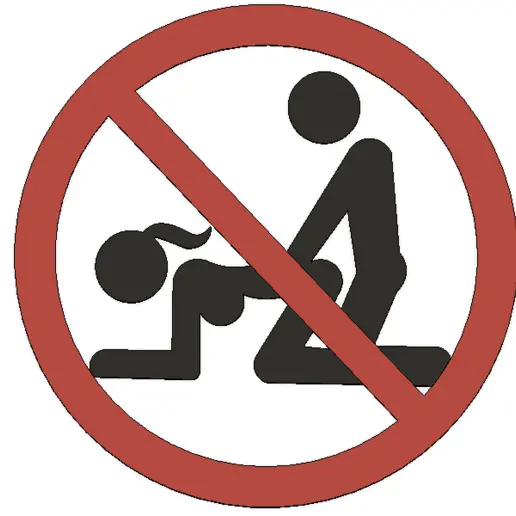Are you in a relationship with someone who is addicted to love? Or maybe you have a relationship addiction yourself.
How can you tell the difference between real love and love addiction?
The beginning of a healthy long–term relationship and a love addiction can look very similar: time disappears when you’re together and you’re smiling from ear to ear while walking on a cloud.
ALSO READ : 5 reasons why s3x in real life is NOT like in the movies
Learning to tell the difference, early on, can help determine if you’re in deep waters suited for navigation or in shallow waters luring mighty sailors to shipwreck.
The main difference between love addicts and healthy people is that love addicts never make it beyond the intense experience of falling in love — the attraction and lust stage.
A relationship addiction makes them continually want to stimulate their brain’s pleasure center (the area responsible for love) with one new relationship after another and making each new person their whole focus.
Similarly, a sex addict compulsively stimulates his brain’s pleasure center by pursuing and engaging in sexual fantasies, images, and/or encounters to get the same high.
Some individuals are both sex and love addicts. They easily fall in love but healthy relationships are difficult for them to maintain.
To help you navigate the shallow waters with a love addict, here are 13 telltale signs you or someone you know is addicted to love.
1. Having serial short-term relationships (approximately 3 to 24 months)
2. Constantly looking for “the one”
3. Having a strategy in play to find, seduce, and keep a new partner
4. Using sex, seduction, and manipulations to hook or hold on to a partner
5. Perpetually being on the hunt for special attention and intensity
6. Finding it unbearable or emotionally difficult to be alone
7. Desperate to please and fearful of abandonment within the relationship
8. Choosing partners who are emotionally unavailable, married, or abusive
9. Giving up important interests and friendships for new love
10. Compulsively using sex, masturbation and/or fantasy to fill the loneliness when not in a relationship or to avoid being in one
11. Repeatedly returning to previously unmanageable or painful relationships
12. Repeatedly engaging in unprotected sex and disregards the long-term potential consequences (STDs, pregnancy, and/or rape)
13. Incapable of maintaining an intimate relationship once the newness has worn off — they become bored or fearful of being trapped with the wrong person then creates emotional distance or drama to turn off the partner.
Being in love is a wonderful feeling but too much is not always healthy.
Like sex addicts, love addicts search for something outside of themselves to make themselves happy. Like in all addictions, the first step of recovery is to move out of denial and admit life has become unmanageable.
Therapy and support groups like Sex and Love Addicts Anonymous are available to begin the healing journey. Underneath love and sex addictions lie attachment trauma and often sexual abuse.
If you suspect the person you’re dating is a love addict, it’s best to move on and find someone who is ready and capable of creating lasting healthy love.
If you’d like to continue the relationship, have an open discussion around this topic and see if they are willing to get help.
Long-term successful marriages and relationships are intentional. They work best with people that share similar behaviors and values necessary to make love last.




















